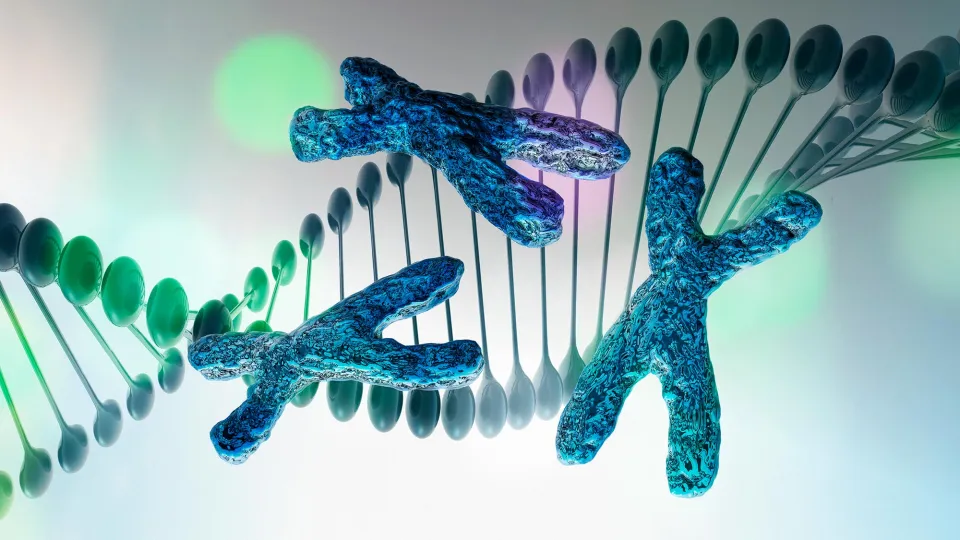News Brief
Potential Therapy for a Pediatric Cancer
January 4, 2023
No targeted therapies exist for alveolar rhabdomyosarcoma (ARMS), a rare but highly aggressive type of pediatric cancer that affects skeletal muscle. Most cases of ARMS arise from a chromosomal translocation that gives rise to a new gene. That gene codes for the transcription factor PAX3-FOXO1, an oncoprotein that drives sarcoma development by misregulating gene networks critical for normal muscle development.
In a study published online on November 16 in Molecular Cell, Kristy R. Stengel, Ph.D., and colleagues used CRISPR-based engineering to generate cells in which PAX3-FOXO1 rapidly degrades within 2 hours, allowing the researchers to better understand how this critical oncoprotein functions to control gene expression. Rapid degradation of PAX3-FOXO1 was also found to cause ARMS cells to die or to differentiate, suggesting that eliminating PAX3-FOXO1 could be an ideal targeted therapy for children with this disease.
Dr. Stengel is an assistant professor of cell biology at Einstein.



